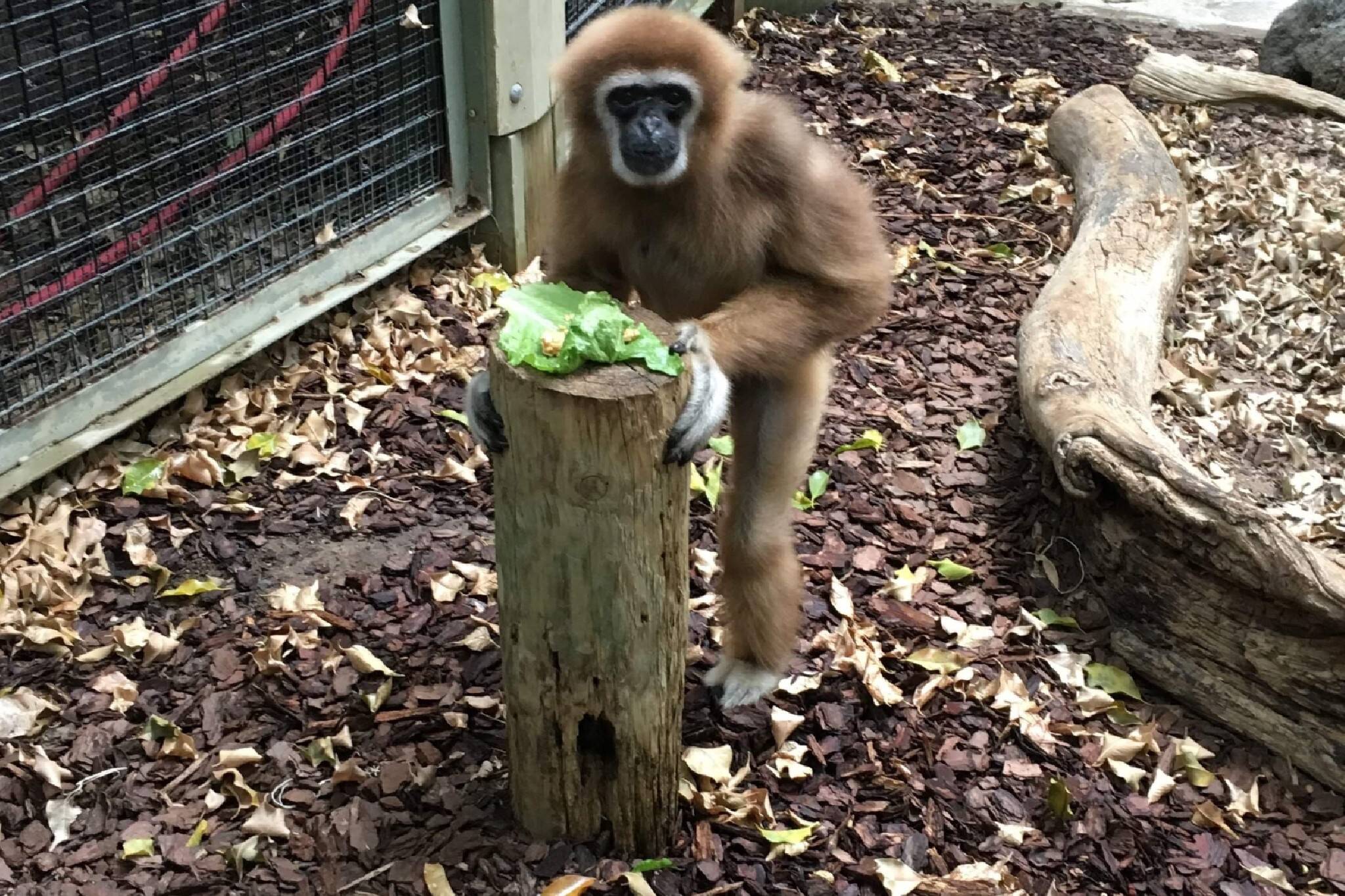
The Toronto Zoo needs financial help to feed its animals while on lockdown
The Toronto Zoo has launched a new fundraising effort in order to raise money to feed its animals amid the COVID-19 closure.
The zoo says the cost of food for the roughly 5,000 animals it houses is $1 million per year, normally funded by parking and admission revenues.
In light of this, the Toronto Zoo Wildlife Conservancy — established in 2019 to secure financial resources for the zoo's programs — has launched the Zoo Food for Life campaign to raise funds to offset these lost revenues.
The cost of food for the Zoo’s 5,000 animals is $1 million per year and is normally funded by parking and admission revenues. The new "Zoo Food For Life" campaign will raise funds to offset these revenues and assist in feeding the animals in our care. pic.twitter.com/eBbJGNuG0O
— The Toronto Zoo (@TheTorontoZoo) April 16, 2020
"The Zoo’s priority during this closure is to ensure that the animals continue to receive the highest quality of care, while protecting the health and safety of our dedicated staff," said Dolf DeJong, CEO of the Toronto Zoo, in a statement.
The wildlife conservancy says it will be reaching out to the public over the coming weeks to highlight funding needs as well as the zoo's nutrition program.
Follow @TZWConservancy, donate at https://t.co/8qXrCKru2X or visit https://t.co/LGFJKT02qk to learn more about the Zoo’s nutrition program and how the public can help during this time #ZooFoodForLife #ClosedButStillCaring
— The Toronto Zoo (@TheTorontoZoo) April 16, 2020
"The Wildlife Conservancy echoes the Toronto Zoo's commitment to caring for the animals, no matter what the situation," said Beth Gilhespy, executive directior of the Toronto Zoo Wildlife Conservancy, in a statement.
"We are focusing our fundraising efforts, with the help of our donors and the broader community, on the Zoo Food for Life campaign to support the animal nutrition program during this difficult time."
Latest Videos
Latest Videos
Join the conversation Load comments







